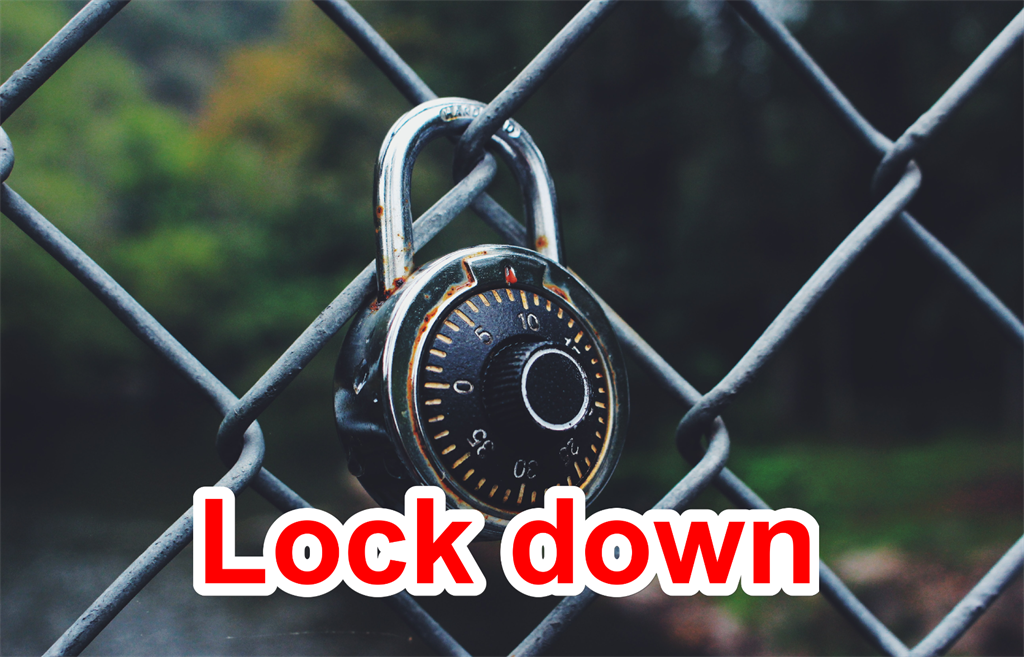
The government’s aim of introducing the 21 days of national lockdown was to ensure that as few people as possible would be out and about at any given time.
In this way, the spread of the Covid-19 coronavirus could be slowed and eventually stopped as fewer and fewer people interacted.
Everyone was to give a little for the good of the country.
It was accepted that businesses would suffer; employees would lose jobs; the economy would take a knock; education would be severely disrupted; and loneliness would be the order of the day.
Nothing and no one was expected to work, except for those in essential services to ensure that we had food, access to banking and government services and were able to move from point A to B – at restricted times, of course.
And so, it was quite disturbing when Transport Minister Fikile Mbalula announced this week that the regulations on the number of passengers travelling in minibus taxies would be relaxed.
Read: 10 passengers are better than 7 - Taxi operators at Noord Taxi Rank
While initially regulated to carry half the normal capacity, taxis can now carry any number from 70% to the full capacity of their normal load, provided they followed the rules set by the government.
Passengers must wear specific face masks and vehicles must be sanitised after each load.
With a limited number of people going to work, it is concerning that Mbalula acceded to the demands of the taxi industry – an industry which clearly wields way too much power and which rules with fear.
This is a decision that the government, and Mbalula in particular, will live to regret as social distancing is sacrificed for the sake of taxi bosses’ profits.
To those we take for granted:
The Covid-19 coronavirus has highlighted one of the biggest of society’s abnormalities, which needs to be fixed immediately.
Not everyone is in lockdown.
There is a small section of society that is holding the fort, keeping the economy ticking over and fighting one of the biggest enemies we will come across in our lifetime.
Some of these are bean counters and decision-makers.
Others are risking their own lives as they physically fight the virus, testing people, treating people and saving many lives.
And then there is a large portion of those – rendering what have been classed as essential services – who are paid a paltry amount of money and are also treated really badly by society.
These include farmworkers, store tellers, petrol attendants, those who provide care services, cleaners, sanitation workers, rubbish removers, postal workers and delivery truck drivers.
Because they are paid so poorly many of them cannot afford private medical care and rely on the state to keep them safe and to treat them should they become infected with the killer virus.
They live in densely populated areas, many of which have no running water or proper sanitation, and use crowded taxis to get to work so they can do their essential jobs.
All of this makes social distancing and washing hands – two of the most critical ways to stop the virus from spreading – difficult, if not impossible.
The irony is that many of those people sitting comfortably in their big homes, Instagramming their “comfi” outfits and bragging about how they are nailing home schooling, between shopping online and streaming their favourite shows, are non-essential.
The world is going on without them, while the people – who are on the frontlines doing work that is critical for the country to keep ticking over during this dangerous time – are being treated like second-class citizens.
It doesn’t make sense.
We need to re-evaluate our priorities. We need to close the inequality gap.
And we owe it to these people to do it quickly. Essential means important. Their remuneration should reflect that.
 | ||||||||||||||||||||||||||
Get in touchCity Press | ||||||||||||||||||||||||||
| ||||||||||||||||||||||||||
| Rise above the clutter | Choose your news | City Press in your inbox | ||||||||||||||||||||||||||
| City Press is an agenda-setting South African news brand that publishes across platforms. Its flagship print edition is distributed on a Sunday. |




 Publications
Publications
 Partners
Partners








